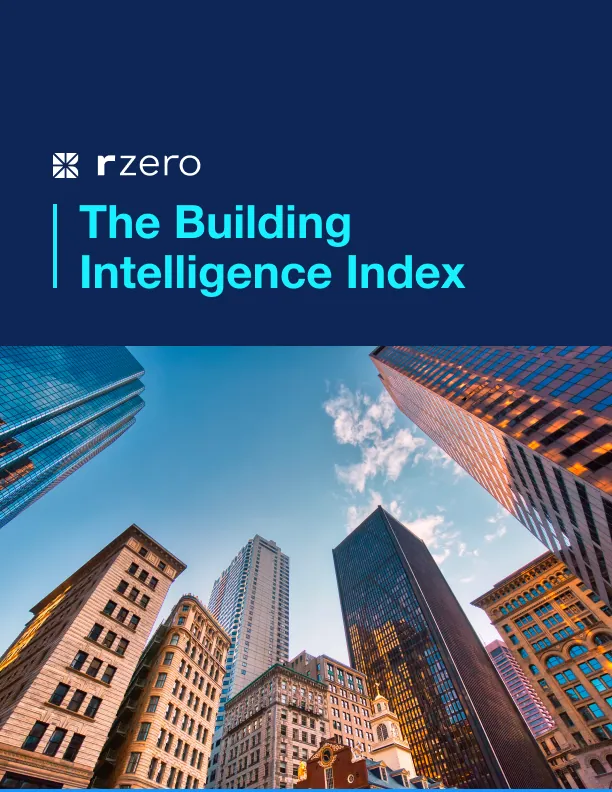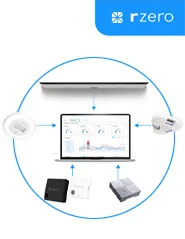
Sensor Data Collection and Employee Privacy
As the role of digital technology in the workplace has grown exponentially over the past two decades, so has the need for oversight of what information is collected by digital services used by employers. A Pew Research survey on consumer privacy found that “93% of adults say that being in control of who can get information about them is important,” and “90% say that controlling what information is collected about them is important.” Modern employees care about who sees their data, and they expect employers to go above and beyond to protect them.
Some Types of Data are Worse Than Others
While data can transform a workplace, intrusive collection methods are almost universally disliked by a workforce. It’s important for business owners to balance the collection of workplace data with the kind of technology that can ensure your employees don’t feel their identifying details have been exposed.
One common example is the monitoring of employees’ private social media profiles by their employers. While it is not technically illegal, many employees feel it’s a breach of trust, and that the line between their personal online space and their corporate identities should remain intact. Across the country, laws bolstering employees’ right to privacy are beginning to catch up—and companies who do engage in unethical data collection may soon be liable.
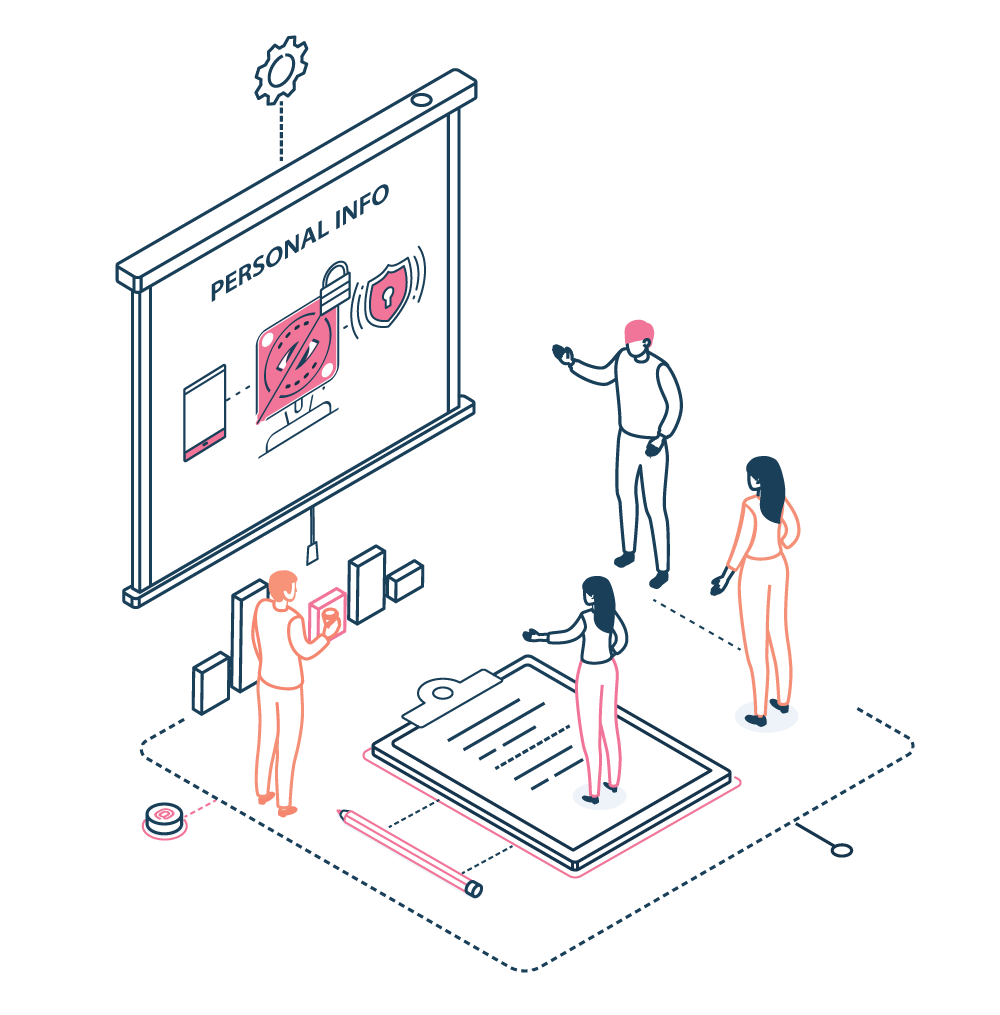
Occupancy sensors providing employee privacy in the workplace.
The main conflict is the company’s collection of Personally-Identifying Information (or PII), like photos, family associations, or political views—information that is both potentially personally compromising, and unrelated to their responsibilities at work. Privacy-minded business owners should relegate the information they collect to company-owned spaces and avoid recording details that can identify your employees on a personal level. Smart technology like R-Zero’s occupancy sensors for offices successfully walks this line between helpful and intrusive when it comes to employee privacy in the workplace.
How Occupancy Sensors Can Protect Your Data
Usage data is different from PII as it relates specifically to the workplace and doesn’t use cameras or email-monitoring software. R-Zero’s occupancy sensors employ a Privacy by Design concept—using Infrared Radiation (IR) technology to detect people nearby instead of cameras or other Personally Identifying methods. This means that the data collected is anonymous from the moment of its creation. Anonymous data collection like this can give business owners and office managers unparalleled insight into the overall usage of their space while guaranteeing an employee’s rights remain intact.
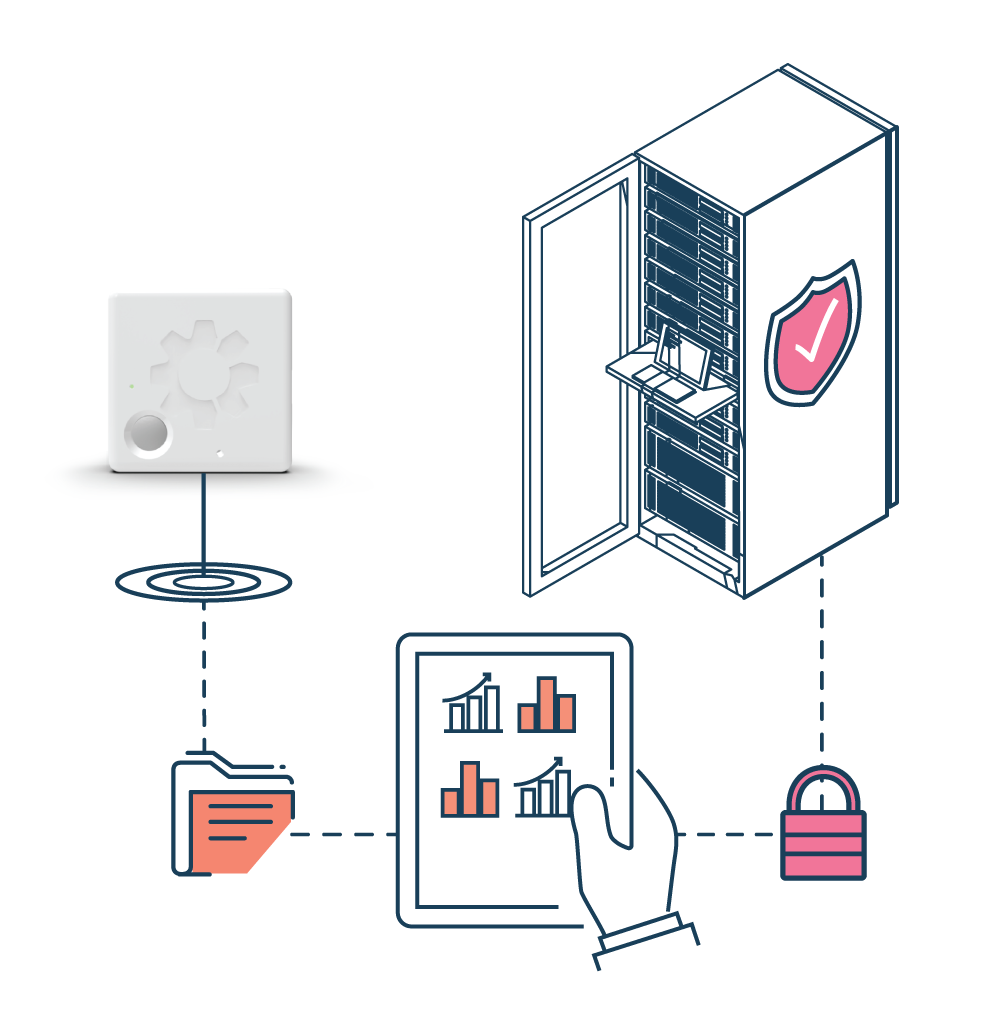
Using IR technology to collect anonymous data without personally Identifying methods.
Space usage data can help employers accomplish simple tasks like “desk checks” or attendance keeping remotely via R-Zero’s platform—which reports which workspaces are in use in real-time—or for even more intensive applications like custom cleaning routes based on which rooms get used the most during the week. Similar results can be achieved using intrusive cameras or other image-based recognition systems, at great risk to your employees’ trust and potentially personal information.
Collecting Data Responsibly is Good Business
While detailed information about the workplace is a valuable tool, many business owners open themselves up to serious liability by potentially mishandling their employees’ data or intentionally using unethical collection methods. In a recent survey by Accenture, 62% of executives said their companies are using new technologies to collect data on people—from the quality of work to safety and well-being—but fewer than a third said they feel confident they are using the data responsibly.
One of the ways that a company can open itself up to liability is by storing company data on vulnerable servers or third-party institutions, which can then be hacked or stolen by bad actors. In April of this year, Forbes found that employee data privacy lawsuits have only grown more frequent in recent years.
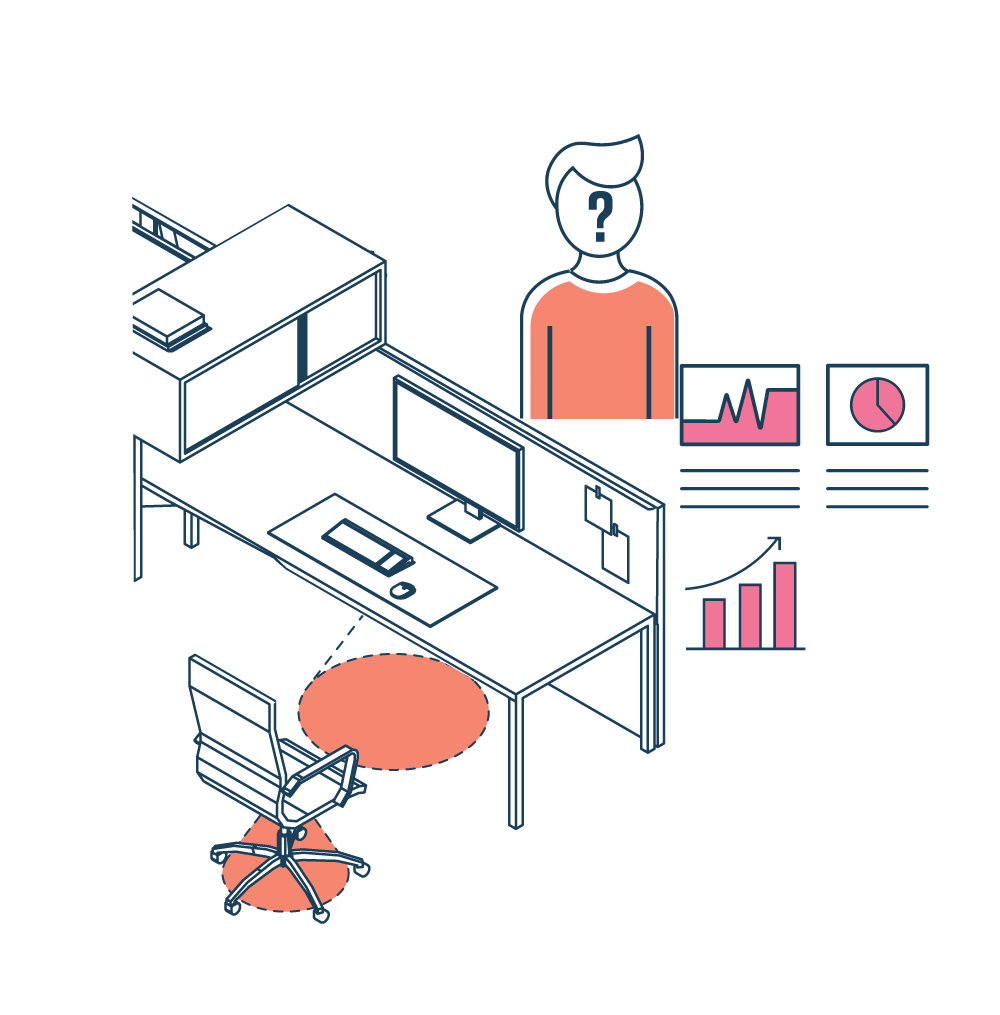
Data is encrypted and anonymous to R-Zero or any third-party vendors.
R-Zero’s occupancy sensors can also be useful in this regard, as any data stored is encrypted and anonymous to R-Zero or any third-party vendors. This provides another layer of protection on top of the anonymized collection process by creating one less access point for hackers to exploit. This sense of ownership over the data can serve as an object of trust between business owners and employees, which model experts have described as “co-owning” the data produced in the workplace.
As employee privacy rights have come into the spotlight in the past few years, business owners should begin to rethink the ways in which their companies engage with and defend the personally identifying information of their workforce. Investing in the right tools can help your workplace take advantage of the kinds of cost-saving and efficiency benefits offered by data collection while keeping your employees safe and satisfied that they can trust their employer.
More posts you might like
-

Why should I improve indoor air quality (IAQ) & indoor environmental quality (IEQ) in my buildings?
The Importance of Healthy Indoor Air Quality Clean air and proper ventilation indoors is crucial for the creation of high-performance work places, classrooms, and healthcare environments. It’s also essential in fostering comfort, productivity, and well-being for your building occupants. Imagine walking into a building optimized for health and comfort. The air feels fresh and light. […]
-

How to Improve Indoor Air Quality in Your Buildings
As a building owner or operator, ensuring optimal indoor air quality (IAQ) in your spaces is essential for the well-being and productivity of your tenants and occupants. To help you get started, here’s a guide to ensure you are meeting indoor air quality standards across your real estate portfolio. Understanding Indoor Air Quality Standards To […]
-
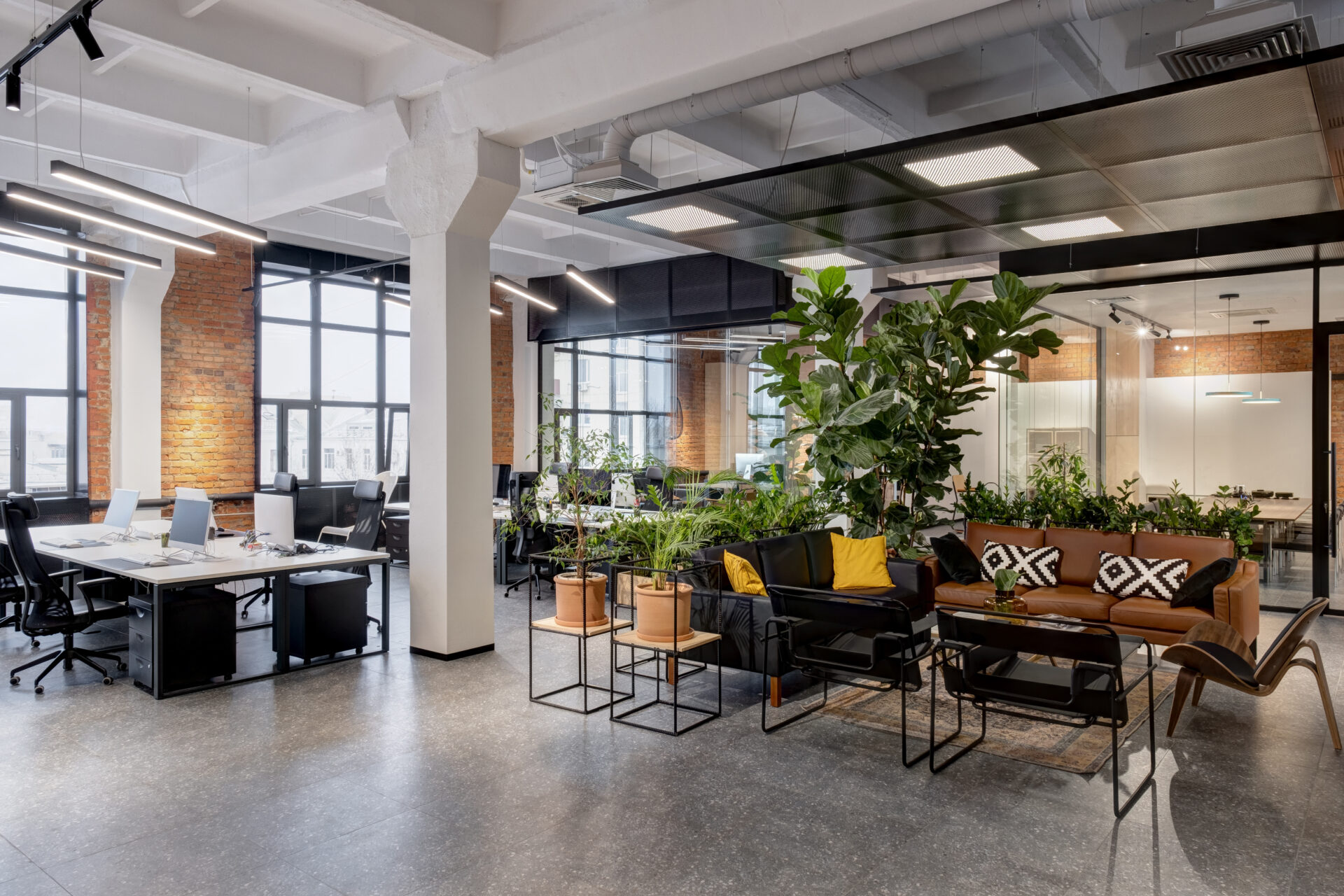
The importance of indoor air quality testing in office buildings
In today’s workplace, ensuring a healthy and productive environment for employees is crucial. One of the most significant factors influencing workplace well-being is indoor air quality (IAQ). As part of our focus on smart buildings, R-Zero offers advanced indoor air quality testing solutions like the R-Zero IAQ Monitor, designed specifically for enhancing occupant comfort and […]
